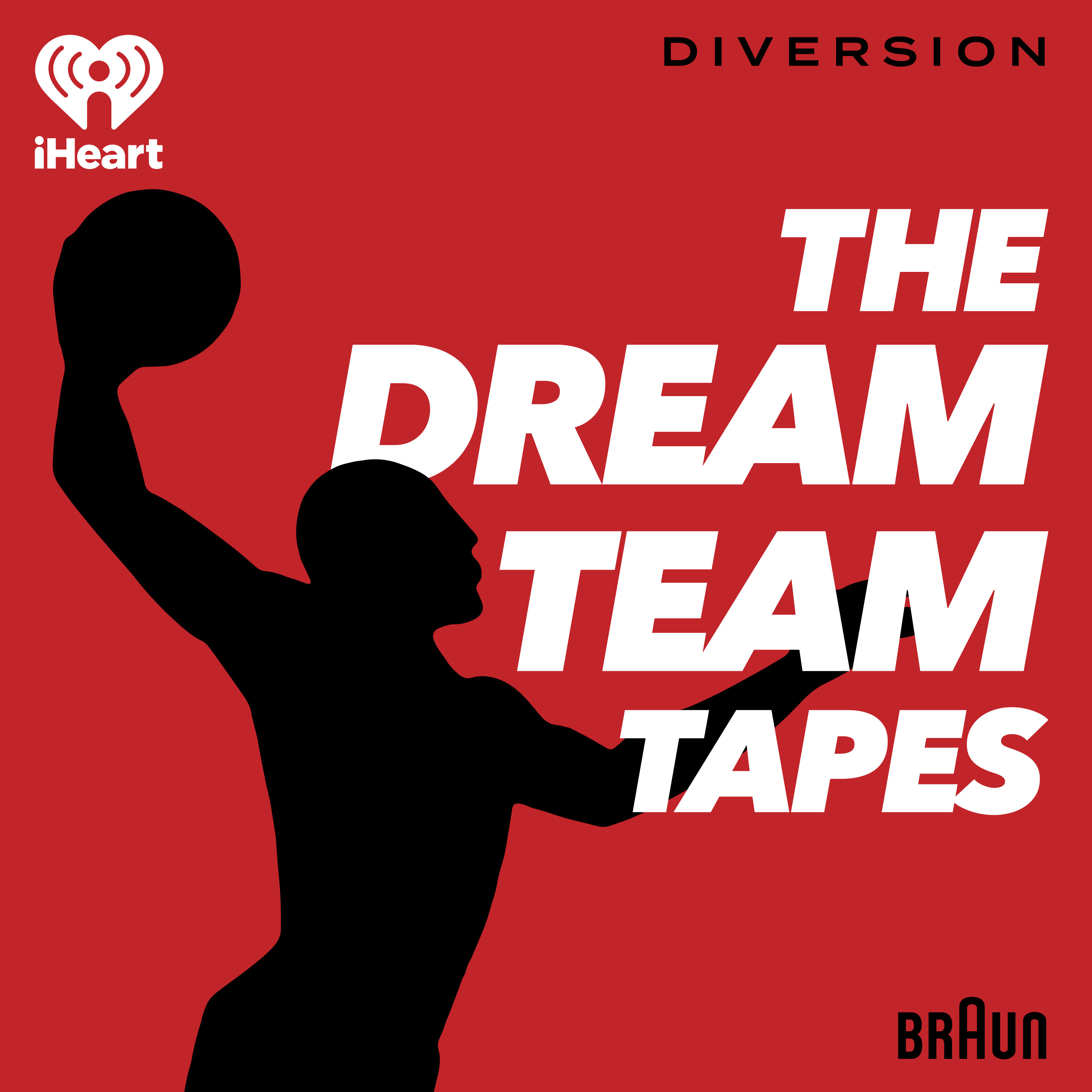
Iconic Seasons | Hardwood History
Iconic Seasons is a podcast that takes you back to the greatest college basketball seasons of all time. Through the voices of players, coaches, and journalists, we relive the excitement, the drama, and the unforgettable moments that made these moments and seasons iconic.
We use interviews, audio from the games, as well as scripted storytelling, to bring the past to life.
Whether you're a die-hard college basketball fan or just a casual observer, Iconic Seasons is a must-listen for anyone who loves basketball and basketball culture.
Iconic Seasons | Hardwood History
Kentucky Basketball | Doug Brunk (Author) | Wildcat Memories | 40 Minutes to Glory
In celebration of 19nine’s launch of University of Kentucky product, we’re going to talk UK hoops with author Doug Brunk.
Doug is the author of two books on Kentucky basketball. The first, Wildcat Memories: Inside Stories from Kentucky Basketball Greats, dropped in 2014 and was followed up four years later by Forty Minutes to Glory: Inside the Kentucky Wildcats' 1978 Championship Season.
Few know the ins and outs of Big Blue Nation quite like Doug and he’ll take us deep into this world. We’ll hit on the culture surrounding UK basketball, highlights of his overarching look at Kentucky hoops history, and take a special look at the Wildcats’ 1978 national championship team that flies under the radar as one of college basketball’s most dominating squads.
Facebook it's here: https://www.facebook.com/profile.php?id=100002610574251
Twitter handle is @dougbrunk
Order his books! He even managed to get an Indiana Fan to read them so they must be good.
University Press of Kentucky
https://www.kentuckypress.com/9780813147000/wildcat-memories/
https://www.kentuckypress.com/9780813175201/forty-minutes-to-glory/
Did you know we are one of the Top 30 Collage Podcasts in the World!
https://podcast.feedspot.com/college_basketball_podcasts/?feedid=5529823&_src=f1_featured_email
Support the Pod or Binge the Entire Season Now!
Connect on Social
Unknown Speaker 0:01
I'm Aaron Meyer with co host the chucker. This is the 19 podcast on to the show.
Unknown Speaker 0:11
Today, the chucker and I go deep with Doug Brunk, the author of several books on Kentucky basketball, including 40 minutes to glory and Wildcat memories. The podcast is produced today by me Aaron Meyer and presented by 19 nine as a part of their ongoing celebration of the history of hardware. If anything represents the history of college basketball, it's Kentucky basketball. They're easily identified as the bluest of Blue Bloods, representing the winningest team in the history of college basketball. Our guest Doug Bronk knows the identifiable uniforms, the best teams and everything in between, is a special affinity for the 1978 squad who represented UK after rep, and one Big Blue Nation their first championship in 20 years. The first person I interviewed for the Wildcat memories book was Dan issel, who to this day holds the record for the most points scored for the men's basketball program. And
Unknown Speaker 1:05
we met in Los Angeles. And during our interview, I asked him to reflect on what it was like to play for Adolph Rupp. You know, we've all heard the stories of how much he was a taskmaster, and
Unknown Speaker 1:18
kind of had a hard edge about him.
Unknown Speaker 1:22
And Dan, you kind of pause the interview, reach back, he's a six, nine, imposing figure. And we were in his office and he reached into his back pocket and pulled out his wallet, and he began to read. He pulled out this kind of typewritten text from a small piece of paper. And it was a few lines from
Unknown Speaker 1:45
Teddy Roosevelt's famous man in the arena speech,
Unknown Speaker 1:49
about the importance of learning by doing the idea that it's better to stumble in competition or other areas of life by giving your all than doing nothing. Or by sitting on the sidelines and criticizing.
Unknown Speaker 2:05
Doug might not have been born in Kentucky are live there now. But you can tell it's in his blood. Kentucky basketball isn't just a game. It's a style for tough times, a way to connect with the community, a way to reconnect with our youth. It's a cornerstone of hardwood history.
Unknown Speaker 2:23
But it's like the 1998 final for MVP Jeff Shepard told me he put it this way so the fans refer to themselves as we meaning Kentucky fancy they'll say things like we're not rebounding the ball enough. You know, they might may be watching the game on a TV 100 miles from where the game is being played in Rupp Arena. But they consider them selves a part of the program.
Unknown Speaker 2:47
And, and he in his view, they are you know, they're very they're invested so much emotionally. And, and these are fans who camp out for tickets to Midnight Madness, the debut of college basketball in October, they literally pitch tents out around Memorial Coliseum rain or shine.
Unknown Speaker 3:09
So, just really an unprecedented. I think passion. Some would say obsession,
Unknown Speaker 3:17
but a healthy obsession. I'm not going to keep you waiting any longer. So with that, Doug Brown, thanks for joining us here in the 99 podcast. Thanks for having me, you guys. It's nice to connect with kindred spirits to talk some college hoops. I think Aaron and I always like talking college hoops. So we're glad to have you out here UK as I said, welcome to the 99 family and this is a great way to really kick that off and really celebrate and discuss Kentucky hoops. So we're thrilled. Great. So Doug, let's let's kind of start here. You're just doing some of my background on you. You're a guy with a master's degree in magazine magazine journalism from Syracuse. You live in San Diego. So how do you come to write a pair of books on Kentucky basketball and where does kind of your interest from that subject come from?
Unknown Speaker 4:04
Well, it goes way back to my elementary school years and the summer of 1973 our family moved from Rochester New York to Wilmore, Kentucky, which is a city outside of Lexington, which at that time had a population of about 3500 people. One of those two stoplight towns. And my dad accepted a job as Director of Development for Asbury Theological Seminary. In Wilmore, and I was seven and impressionable kid who, whose favorite sport was basketball so wound up being a great place to grow up. And it It didn't hurt that the cats were a pretty good team at that time with stars like Kevin greevey Bob guyot and Kimmy Dan Connor.
Unknown Speaker 4:53
So I started to follow the Wildcats because they were the games were carried on the local TV stations and
Unknown Speaker 5:00
radio stations and there were no proteins and in the state for any sport, so
Unknown Speaker 5:08
but importantly, for me that the team was became a point of conversation in elementary school, I was classmates with kids whose parents worked in agriculture. You know, some raised cattle, others worked on tobacco farms. It was a world that was so different than Western New York state where I had moved from. But talking about the cats, with my classmates helped me to form social connections at that young age and feel a part of something.
Unknown Speaker 5:39
And as a Kentucky fan, there's really no no boundaries of race, religion, socio economic status. And I came to really appreciate that early on.
Unknown Speaker 5:52
Fast forward to
Unknown Speaker 5:54
2011 as an 80th birthday present to my dad, he and I flew from San Diego to Lexington to watch the cats play St. John's in Rupp Arena. And it was December of that year that that team had Anthony Davis and would go on to win the title in 2012. And on the plane ride home, I remember kind of reflecting on my passion for the program. I know this is like a father son trip but
Unknown Speaker 6:26
but I thought of an idea for a book. And and that idea was to interview some of the program's greatest players and coaches and ask them
Unknown Speaker 6:35
to reflect on who influenced them the most while they represented the university, whether it was a fellow player, a coach, a teacher or a perfect stranger. So I put together a proposal and senate sent the idea to the University Press of Kentucky. And the result was the book while kept memories, which you talked about earlier. That's incredible. So give us a little bit about your basketball origin story. So you talk about connecting Did you play basketball too? Or was it just something that you enjoyed engaging in the culture of basketball?
Unknown Speaker 7:14
I did. I had played a bit of basketball before our family moved from New York to Kentucky but I played my first organized game. In the gymnasium there at Asbury Seminary in Wilmore, which has a has a tartan floor. It's kind of like hard rubber surface. Easy on the knees, I learned.
Unknown Speaker 7:34
And I could use that today actually.
Unknown Speaker 7:38
So I go there to shoot around and eventually got to know some of the seminary students who allowed me to play five on five with them. And thinking back I think maybe they took some pity on me or, or prayed that I wouldn't be a ball hog.
Unknown Speaker 7:53
But they welcomed me. And
Unknown Speaker 7:55
so when our family moved back to Rochester, four years later,
Unknown Speaker 8:01
I played three years of high school basketball, including a memorable senior year when our team finished the season with a winning record for the first time in more than 10 years. It was it was a big deal. So fun to be a part of that. So you guys weren't the Kentucky of Rochester is what you're saying.
Unknown Speaker 8:22
So back to the Kentucky influence though, when I when I made the freshman basketball team in high school, it became apparent that I'd be a forward center because of my height.
Unknown Speaker 8:32
So I requested jersey number 53. In honor of Rick Roby. Yeah, from that 78 team who was if I was going to model after somebody to you know, box out set screens, get rebounds, he was the guy.
Unknown Speaker 8:48
And I continue to play a game, the game wreck really recreationally in college and I still play pickup to the state a couple days. That's great to hear. I love it. Thank you know you mentioned as well dog I mean, going on this trip with your dad for his 80th birthday back to Lexington. Did you was there kind of a dynamic between you and him that is this something you shared with him and that's part of your bet your passion for basketball, the love for basketball? Is there a connection there as well? It was we absolutely watch games together. Not only when I was growing up, but as I became an adult, and and relocate back to San Diego where my
Unknown Speaker 9:27
my father passed away late last year, but we would always try to watch as many games together as we could or I would if I wasn't gonna be able to join him. I'd at least give him a heads up I said Dad, you know, Katzer on Channel eight tonight at you know, four o'clock. Make sure to tune in. So we we absolutely shared that together
Unknown Speaker 9:48
and went to
Unknown Speaker 9:50
three Kentucky games together.
Unknown Speaker 9:53
And you know, so let's kind of dig into some of these books, Doug. So in your first book, Wildcat memories, you really take a deep dive into the
Unknown Speaker 10:00
The dynamic world of UK hoots as you said, You're talking with past coaches like Tommy Smith, you got players ranging from Danny soul, the john wall. So, you know, for those who only know Kentucky hoops from a distance, how would you characterize Big Blue Nation what makes it kind of so different so unique?
Unknown Speaker 10:19
I would say the tradition
Unknown Speaker 10:22
Kansas is closing in, but Kentucky remains the winningest program in the history of the sport. And you know, that's a big mountain top to be on. But the four four championships eight off Rep. One is coach really put the program on the map in terms of excellence and expectations. And you hear Cal talk about that today. You know, it's it's, he understands
Unknown Speaker 10:48
what came before him, and, you know, his lack of responsibility to carry that on. And I think it's the it's the same today because people who grew up in Big Blue Nation households, pass it on to their children. And the devotion goes back generations, I think,
Unknown Speaker 11:06
to the very start of the program in 1903 for some families
Unknown Speaker 11:11
and I mean, devotion also runs deep for programs like Notre Dame, and UCLA. But what makes Big Blue Nation different I think is there are no professional sports for teams within the borders of border or Kentucky so no NBA team,
Unknown Speaker 11:29
no major league baseball, NFL, NHL, so residents, they are generally either cheer for UK or the University of Louisville with few exceptions, I think, you know, they get emotionally invested I think more than
Unknown Speaker 11:47
other fans do that I think Kentucky fans take that passion and loyalty to another level. They're they're the type that are gonna lose sleep over losses.
Unknown Speaker 11:58
Even during the regular season, not not just you know, in the Final Four or something.
Unknown Speaker 12:03
But it's like the 1998 Final Four MVP Jeff Shepherd told me he put it this way so the fans refer to themselves as we meaning Kentucky fancy they'll say things like we're not rebounding the ball enough. You know, they might may be watching the game on a TV 100 miles from where the game is being played in Rupp Arena. But they consider them selves a part of the program.
Unknown Speaker 12:27
And, and he in his view, they are you know, they're very they're invested so much emotionally. And, and these are fans who camp out for tickets to Midnight Madness, the debut of college basketball in October, they literally pitch tents out around Memorial Coliseum rain or shine.
Unknown Speaker 12:49
So, just really an unprecedented. I think passion. Some would say obsession.
Unknown Speaker 12:57
But a healthy obsession. Yeah, I mean, can the Kentucky fans travel to I mean, even living in southern Indiana somehow I felt like half the people around me are Kentucky fans too closer you get to that border too. It's pretty incredible.
Unknown Speaker 13:13
Yeah. And then there's the then there's the who, who, who's who of star athletes who have represented the team in the past several decades. That's kind of another conversation. But I think, you know, when you're remembering guys like Frank Ramsey, who was sort of the prototypical sixth man off the bench for the Boston Celtics, and kind of created that role.
Unknown Speaker 13:37
backplane for read our back to
Unknown Speaker 13:41
Pat Riley to Jamal mashburn to Rex Chapman. I mean, it's just kind of a who's who of really phenomenal players, and Kenny Walker, and john wall to Marcus cousins, Devin Booker. So let's go down.
Unknown Speaker 13:57
God, I'm sure it's overwhelming. So let me ask you this, then because you get into a project like this. And it's it's ambitious to do a book on a team because they're even as a fan, when you take it to that level, just us doing the podcast here and we start talking looking into these teams. We unearth all these different nuggets. So what were some things that surprised you about talking to the players or just maybe some stories that you unearth that you're like, man, I'd never heard that before?
Unknown Speaker 14:28
Well, that's a great question that I learned that for some players, the impact of playing for Kentucky is just as strong, meaningful,
Unknown Speaker 14:41
as following the program is for fans like me, and millions of others. For example, the first person I interviewed for the Wildcat memories book was Dan issel, who to this day holds the record for the most points scored for the men's basketball program and
Unknown Speaker 15:00
We met in Los Angeles. And during our interview, I asked him to reflect on what it was like to play for Adolph Rupp. You know, we've all heard the stories of how much he was a taskmaster, and
Unknown Speaker 15:13
kind of had a hard edge about him.
Unknown Speaker 15:17
And then you kind of pause the interview, reach back, he's a six, nine, imposing figure. And we were in his office, and he reached into his back pocket and pulled out his wallet. And he began to read. He pulled out this kind of typewritten text from a small piece of paper. And it was a few lines from
Unknown Speaker 15:40
Teddy Roosevelt's famous man in the arena speech,
Unknown Speaker 15:44
about the importance of learning by doing the idea that it's better to stumble in competition or other areas of life by giving your all than doing nothing, or by sitting on the sidelines and criticizing. So he, he started to, he read a few lines to me, and actually got a little teary eyed. And then, you know, folded up the paper, put it back in his wallet. And I was like, man,
Unknown Speaker 16:13
I was, it was one of those moments where you're like, talk about impact all these years later, you know, for his celebrated NBA career as a player and coach,
Unknown Speaker 16:25
for him to be carrying around that in his wallet.
Unknown Speaker 16:31
I just knew at that point, I knew I had to do the book. Because if you know, if that's showing up here, there's got to be other stories and have impact elsewhere. So that was a big one for me. That's great. I've never heard before. So, you know, you mentioned interviewing. So again, a legend in the UK program. You mentioned kind of the rough edges around a route Adolph Rob,
Unknown Speaker 16:58
I'm curious if you had like a favorite interview for that book, because you interview all these people. And I think sometimes you go in and you say, you know what, I think this person is going to give me information on XYZ and maybe veers off in a different direction. So who really kind of stood out to you and maybe was, was more engaging, more telling more compelling, or, you know, just kind of really insightful that maybe you didn't quite expect or who gave you information that really was very enlightening for you, what kind of really stands out as you did all these interviews? Who, what individual?
Unknown Speaker 17:27
Well, well, if it's okay, I'll I'll talk about a couple of them. And actually, I'm gonna have to go back to Dan, because another huge surprise to me was that
Unknown Speaker 17:39
he kind of he revealed that he was so homesick when he first arrived at UK as a kid from a farm town in Illinois, that he considered leaving. In fact, the athletic department at that time, assigned a young Lexington couple to look out for his his well being they called it in the couple's name was Armand and Joyce angelucci. And
Unknown Speaker 18:06
Mr. angelucci, became a lawyer and wound up being a circuit judge in Fayette County. So he was a pretty prominent guy, but at that time,
Unknown Speaker 18:18
they'd have them over for meals, Dan, and to watch football games on Sunday, and just Dan told me he just didn't like the dorm life, you know, it was a little too much for him needed some quiet and more than once they talked him out of leaving altogether and I just think you need his look in the ever look in the record books. You know, there's a missile in almost every category rebounds points, you know, assists percentage, it's, he's in the top top 10. So it's
Unknown Speaker 18:53
the UK record books would look so different. Had he left in, he just wonder, you know,
Unknown Speaker 19:03
it's one of those what ifs, you know, what if that had happened, and the other guy who was really
Unknown Speaker 19:11
great to speak with, I mean, they all were, in their own ways. Roger harden, who's former Indiana Mr. Basketball
Unknown Speaker 19:20
at the beginning of his sophomore year as a point guard for UK, he found out that his his girlfriend was was pregnant with what would who would become his son.
Unknown Speaker 19:31
So, you think about that in the early 80s. You know, they just the tremendous pressure of that weight on a 1920 year old kid, and he opened up to me about the people who, who helped him accept and embrace that responsibility of, you know, raising a son while playing for UK. And I just had you just I would just
Unknown Speaker 20:00
in awe of how he kept that all together and was a huge star, you know, big time assist. You know, he was right up there with with john wall in terms of dishing the ball out to his teammates
Unknown Speaker 20:14
for his era, for sure. Okay, I got no just just listening to that, what kind of insights did they give you to the, to the coaches because I feel like coaches in college basketball often play an outsized role, especially, you know, you're talking about young men men here. And and I just wanted to know, what you found out about the coaches and talking to the players.
Unknown Speaker 20:40
A lot of people were a lot of the guys I talked with, had played for COACH PITINO and just talked about how he gave them was, was hard on them, but gave them opportunities that they did not expect. So that was that,
Unknown Speaker 21:00
you know, you you work hard, you're going to get rewarded with at least an opportunity to show me and or the team what you have. So it was that
Unknown Speaker 21:12
that was a consistent message that I got and
Unknown Speaker 21:16
and how much he really
Unknown Speaker 21:19
he cared about
Unknown Speaker 21:21
his guys off the court.
Unknown Speaker 21:24
And same with
Unknown Speaker 21:27
same with Coach Cal, you know, you know, Patrick Patterson told me that
Unknown Speaker 21:33
it was just refreshing from his experience with Coach Billy Gillespie.
Unknown Speaker 21:39
To have a guy that really like bringing the team around his own family into his house, and just to hang out, let them you know, game or watch movies together, enjoy their pool during the summertime, that kind of stuff.
Unknown Speaker 21:56
And the same with Coach Hall.
Unknown Speaker 22:01
He, I heard a story from Kyle Macy.
Unknown Speaker 22:07
Who Played
Unknown Speaker 22:09
who was the starting point guard for the 78 team.
Unknown Speaker 22:13
There was a break between Christmas and New Year's, and he couldn't get home but he was really sick. And
Unknown Speaker 22:20
and Joe Hall.
Unknown Speaker 22:23
Let him stay
Unknown Speaker 22:25
at his house and his you know his wife. Look, he and his wife kind of looked after him while he got over the flu. Just that kind of stuff.
Unknown Speaker 22:34
Just
Unknown Speaker 22:36
I guess, really
Unknown Speaker 22:39
embracing the kids as one of their own was a consistent theme.
Unknown Speaker 22:43
And you probably hear this to those other schools too. But it was nice. It was a consistent theme I heard. Yeah, the theme is you do hear it. And I but I think it's worth telling the little stories around it because you forget as fans, I think how young these guys are. And it's part of the you know, what makes it interesting that it is something that you have to overcome as a young person moving away from home, you know, you know, getting all new teammates, because all these guys were superstars in high school, and then they're going on to Kentucky and a lot of them aren't don't find that same experience. And there's just a lot a lot to navigate.
Unknown Speaker 23:19
Yeah, you're right.
Unknown Speaker 23:21
All right, I want to talk a little bit about your your second book, then you hinted at one of the players there. It's one year before magic and Larry, and it's kind of this different this transition time for Kentucky, you know, you've gone from rep to Hall, and it feels like a transition time for the NCAA too. But what made you kind of want to take a deep dive or motive, you know, motivated you to take a deeper look at this team in particular.
Unknown Speaker 23:49
Well, there, there are a couple of reasons. For that one, I considered coach Hall and every player on that team is a hero when I was a kid
Unknown Speaker 24:00
when I was 12 when they beat Duke and remember doing a somersault over our living room counts to celebrate. And, but as I as I got older, you know and tried to be more objective about that I began to appreciate just how solid this team was.
Unknown Speaker 24:17
And it was really stunning when I had the opportunity to do this book.
Unknown Speaker 24:24
There's there's just bullet point after bullet point I could share with you and I you know,
Unknown Speaker 24:30
it had that team really had no glaring weaknesses in any position. It had Mr. basketballs from six different states. Six and and to me they played they played ball the right way the physical, fundamentally sound strong team leaders in Roby and Givens and solid chemistry, and they set screens and most of the time they grabbed rebounds with two hands. That's a pet peeve of mine was a pet
Unknown Speaker 25:00
the eve of coach halls
Unknown Speaker 25:02
and they shared the ball and arguably had the the best free throw shooter in the country in Kyle Macy, at that time, a prolific score and jack Givens and an exciting monster Dunker and James Lee. So it was really the whole package.
Unknown Speaker 25:20
You know, Doug, there's a saying, you know, you mentioned how influential that team was for you, you know, as you were, you know, a young guy. And there's this saying that you should never you don't, you should never want to meet your heroes. Because sometimes they can disappoint and you realize the humanity in them. And so here's this team that you held, you know, kind of on a pedestal as a, you know, a young guy.
Unknown Speaker 25:41
And then you meet them all here now as a grown man. And what was that experience? Like? Did it deliver for you? Or were there things you had to reconcile? or What did you as you kind of dug into this team that you have such fond memories of? How did you kind of navigate that? And how did you kind of feel about the team after you were kind of done with the book?
Unknown Speaker 25:59
Yeah, it was? That's a great question. It was, I tried to listen to my journalism professors, as I put this book together, and try to try to keep as much as
Unknown Speaker 26:14
my not only myself, but my
Unknown Speaker 26:17
perceptions about this team out of it. As I told the story, and I am looking back, I think I did a decent job. I guess I'll leave that for the critics. But
Unknown Speaker 26:31
this
Unknown Speaker 26:33
surreal because I had the opportunity we hoped.
Unknown Speaker 26:37
The
Unknown Speaker 26:40
The idea was to have this book published in time for the team's 40th anniversary celebration in Lexington, and it worked out. It was available a couple of months before that happened. Sure. They were happy about that. Yeah. Well, what was fun is there were certain events, the team was was celebrated, introduced during halftime of a Kentucky game. Yeah, got a huge round of applause. And there were a couple other events over the course of the weekend, where I got to meet everybody. And, you know, sign that book with, with those guys on the team. It was
Unknown Speaker 27:21
unbelievable. It was really humbling. I had met some of them working on the Wildcat memories book, but not certainly not the whole team. And, and it was just a
Unknown Speaker 27:35
it was a true honor. And help them
Unknown Speaker 27:39
tell the story. And have them tell me what what do you want people to know most about this team? Yeah, that was a question I asked everybody from the
Unknown Speaker 27:52
Wildcat mascot to the all the managers and all the surviving players and coaches. So it was a
Unknown Speaker 28:02
it was a surreal experience, but probably the most rewarding project
Unknown Speaker 28:09
I've done to date just because it and then
Unknown Speaker 28:14
your, your listeners may be aware that this past March, the SEC network aired an hour long special on the team called winner else. And I was so glad to see that because I thought in my mind, you know, I'm not a I'm not a film producer or screenwriter. But I always thought this, this team deserved a special like that. And it's really well done if you get the chance to see it. Yeah.
Unknown Speaker 28:42
So I want to stick with this dog. Cuz you said something really interesting there about you were asking folks who are involved with the team. What's something you want people to know about this team? Was there kind of a common theme that kind of emerged from that?
Unknown Speaker 28:59
Definitely. This team was led by four seniors, jack Evans, Rick Roby, the late Mike Phillips and James Lee, and they were laser focused on
Unknown Speaker 29:14
ending their career as national champions. And what's unique is they had pretty much accomplished everything else. A college basketball player would want up to that point. So
Unknown Speaker 29:29
as freshmen they lost to UCLA in the championship game in 1975, actually here in San Diego. As sophomores, they won the NIT tournament. And in New York City. As juniors they lost a heartbreaker to North Carolina in the East regional final, so they narrowly missed a spot going to the Final Four. So for them to finish their careers as national camps is a testament to their determination and resilience. I
Unknown Speaker 30:00
So that that story of overcoming all sorts of internal and external pressures external from the fans,
Unknown Speaker 30:09
in particular, to bring a championship home after a 20 year drought was a, everybody talked about that,
Unknown Speaker 30:17
that I interviewed. And,
Unknown Speaker 30:21
and what's what's great is one of the things that make this makes this team special is
Unknown Speaker 30:28
there has not
Unknown Speaker 30:30
been a 20 year drought
Unknown Speaker 30:32
of national champions at Kentucky since this team. So the one before the last one had been 50 1958, and then 78. But there haven't hasn't been a 20 year.
Unknown Speaker 30:45
Drought since that time. Like they kind of set the set the standard.
Unknown Speaker 30:51
You know, that's really a statistic that just kind of shows the success of Kentucky program throughout decades. And throughout generations. I mean, you'll find teams that were, you know, maybe really successful in the 50s. But then they kind of disappear, really successful in the 70s, but then kind of disappear really successful, the 90s, but then disappeared. It's kind of amazing. You know, Kentucky does have these, these ebbs and flows, and they have their down years last year being a notable one for them. But for the most part, it is just pretty consistent winning there in Lexington.
Unknown Speaker 31:23
Yep. Okay. He's literally that that said. So here's a question about this team, then. They're 30 into number one most of the season for pros on the team. You mentioned jack Evans, and Rick Roby all Americans from all over the country. And yet, it seems like it's a more of a footnote, you know, I'm glad to be bringing some more attention to it here. And I watched the documentary really do like it because it has that nice story arc to from the freshman year, john Wooden's last game is kind of worked in there. I mean, there's a lot of amazing moments worked into the kind of arc of this team. But I feel like it's not not not known by as many. So I'd like to hear kind of your take on on why that is?
Unknown Speaker 32:06
Well, one reason I think, is that ESPN would not debut debut for another year. So I believe it was Kyle Macy, who told me this during interviews for this book, what he said Had it been a year earlier, I think, more people would have known about this team, because you, you look at what happened the following year. With you know, the magic invert Indiana State, Michigan State, you know, that was that was hyped. And ESPN was,
Unknown Speaker 32:39
you know, carried coverage of that.
Unknown Speaker 32:43
Almost. Well, it was it was well, well covered, I should say. And they beat magic to get to get to the title to hear. That's right. That's right. And we
Unknown Speaker 32:56
the Kentucky team limited him to I think it was nine points in that game. He was averaging 17 as a freshman, so that was impressive. Yeah.
Unknown Speaker 33:05
So
Unknown Speaker 33:08
yeah, I think
Unknown Speaker 33:10
that's another thing is I the chemistry, they were so balanced that they didn't have just one, one star.
Unknown Speaker 33:18
And they just kind of
Unknown Speaker 33:22
they kind of just did their thing. They were laser focused. They had they had fun off court, but they weren't. They weren't stupid fun, like getting themselves in trouble, you know, making headlines for the wrong reasons. So that might be another reason why he didn't hear about him.
Unknown Speaker 33:38
You know,
Unknown Speaker 33:45
They can sit there like consistent, right? Like they go out there and get get the job done, but maybe not. Maybe not in the way that gets them that type of attention. Correct. And, you know, Doug, you talked earlier about Adolph Rupp. You talked a little bit here about pitino. You know, one of the really other kind of notable coaches in Kentucky history is the coach of that team Joby Hall. So what stories Did you come across with him? And what do you think made him kind of special or distinctive as a coach?
Unknown Speaker 34:13
Well, Coach Hall grew up in cynthiana, Kentucky, which is a small town, not far from Lexington, and he actually, he was captain of his high school football team. And
Unknown Speaker 34:27
so he was a multi sport athlete
Unknown Speaker 34:30
growing up there, but what I came away from this project with was even stronger respect and admiration for him than I had before. And I say that because you look at the Duke game.
Unknown Speaker 34:45
With the championship game with 35 seconds left. On the clock, he inserted every one of his reserves, who had not seen
Unknown Speaker 34:56
much or any playing time to that point.
Unknown Speaker 35:00
And the cats were only up by eight. And I wonder how many coaches would do that today.
Unknown Speaker 35:06
And so I asked him, you know what was behind that. And he told me the reason he chose to do that stemmed from his own time as a Wildcat, he played for Coach drop the two seasons in the late 1940s.
Unknown Speaker 35:20
And Rupp would not play subs that the team could be up by 2030.
Unknown Speaker 35:27
And
Unknown Speaker 35:28
he said, he said that stuck with me. Coach Hall told me And that, to me, that says a lot about his character, because he was like, man, I want to provide those kids with
Unknown Speaker 35:41
what I missed out on. Yeah, you know, he's thinking about
Unknown Speaker 35:45
these players who, you know, put in the grunt work
Unknown Speaker 35:49
as reserves, and gave him that gave him that moment. It might have been 1015 seconds, but I think that's awesome. He He's also special, because he didn't crack under pressure. Following reps retirement in 1972.
Unknown Speaker 36:07
Yeah, no, he missed a set Quick Setup about it. Because I think this is, you know, as an Indiana fan, and maybe soon, Duke fans will find out North Carolina fans are finding out following a legendary coach is not an not an easy task. And stepping into that and just the time and era that he had to bridge to I think was a unique, unique part of that is coaching tenure. Yeah, absolutely. It, it helped. It helped him tremendously, that he was a player and an assistant coach, for Coach Rob before he became the head coach. But there was
Unknown Speaker 36:50
he wasn't treated so well by by coach Rob. In fact, after his sophomore year, he transferred to Regis College in Colorado and got more playing time and
Unknown Speaker 37:06
but you know what he got a call from Coach rep who invited him to join his coaching staff after he is playing days rover. And Coach was trying to get his own coaching career off the ground. And he accepted and I think
Unknown Speaker 37:24
there's a, I'll share an anecdote that I read coach Hall, penned his memoir a couple years ago. And there's a scene in there. When I read it, I was, I just couldn't believe it.
Unknown Speaker 37:41
So think of this young kid from Kentucky. He's a freshman. He's in Lexington with his parents out standing in the street outside of a hotel. And it's game day and coach halls. Sorry, Coach Rupp.
Unknown Speaker 37:55
Happens to walk by and, and young Joe Hall says, coat drop, I want to introduce you to my parents.
Unknown Speaker 38:05
And according to the book,
Unknown Speaker 38:09
co Trump just walks by doesn't even acknowledge Him.
Unknown Speaker 38:13
And I'm like, oh, man, that's
Unknown Speaker 38:17
I don't know how I would feel me put yourself in that situation.
Unknown Speaker 38:21
You know, and so, and then fast forward to this opportunity when, as
Unknown Speaker 38:30
as
Unknown Speaker 38:33
not being treated so well.
Unknown Speaker 38:36
By coach drop, he still was was thinking of the bigger picture in opportunity. And
Unknown Speaker 38:44
the most important thing
Unknown Speaker 38:47
with Coach Hall is
Unknown Speaker 38:52
imparting to his players that when you play for Kentucky, you're playing for the Commonwealth, everybody in the state is it's not about one player, not about one coach, and that sort of thing. So he really instilled that when he took the reins.
Unknown Speaker 39:12
So that's another thing that's special about him. He took great pride in that. He scheduled scrimmages at high school gyms, in small towns throughout the state that would never otherwise some some people would never otherwise be able to see the cats play live. made the team sign autographs for hours, scheduled appearances at charity events and visiting people in the hospital and nursing facilities, that sort of thing, just really
Unknown Speaker 39:39
reminding them that it's not all about them.
Unknown Speaker 39:44
Now one player said it's not all about them. And I think that's
Unknown Speaker 39:48
you know, and you see a lot of that in Coach Cal too.
Unknown Speaker 39:52
And one thing I really admire about Coach Cal is how he is really
Transcribed by https://otter.ai
Podcasts we love
Check out these other fine podcasts recommended by us, not an algorithm.
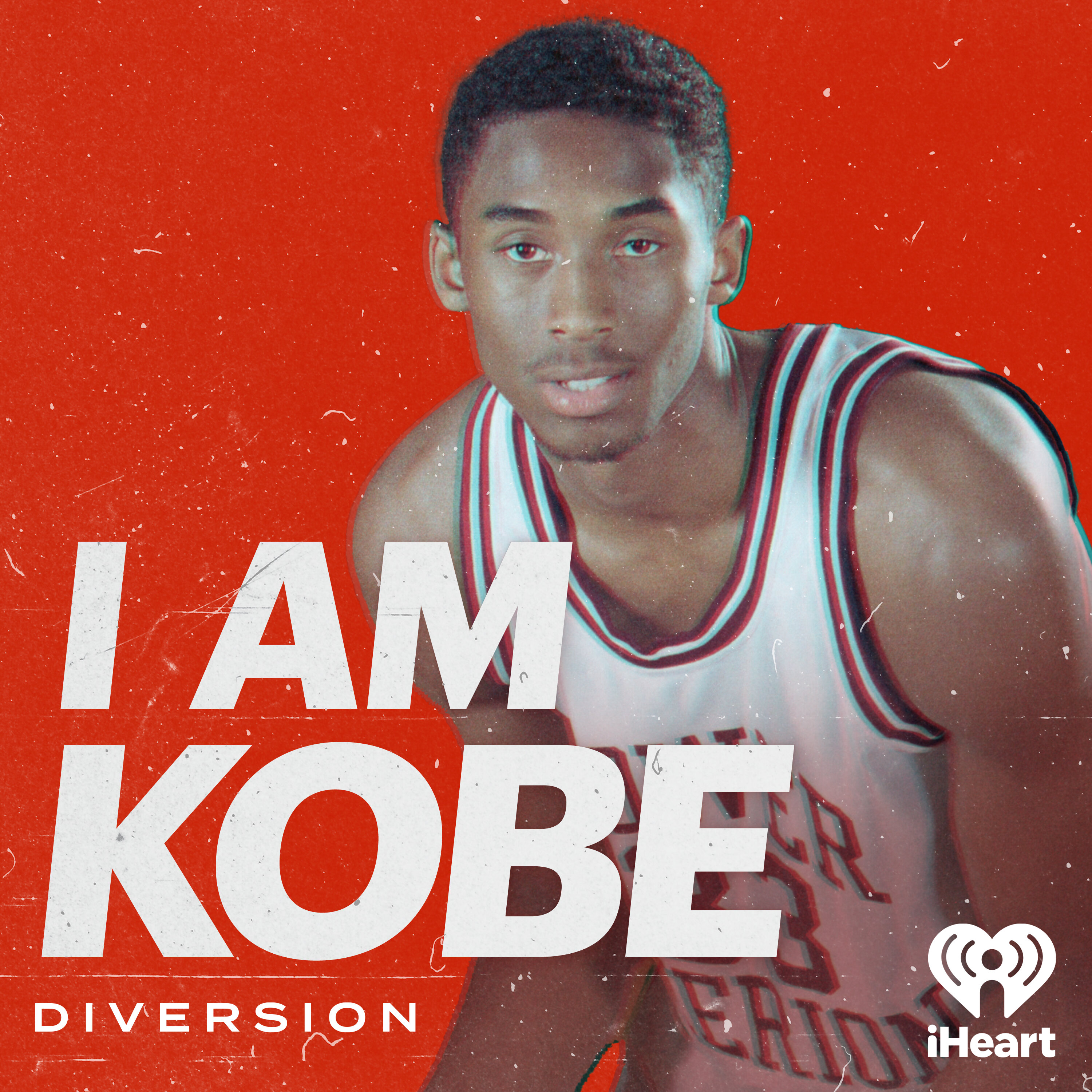
I Am Kobe
iHeartPodcasts and Diversion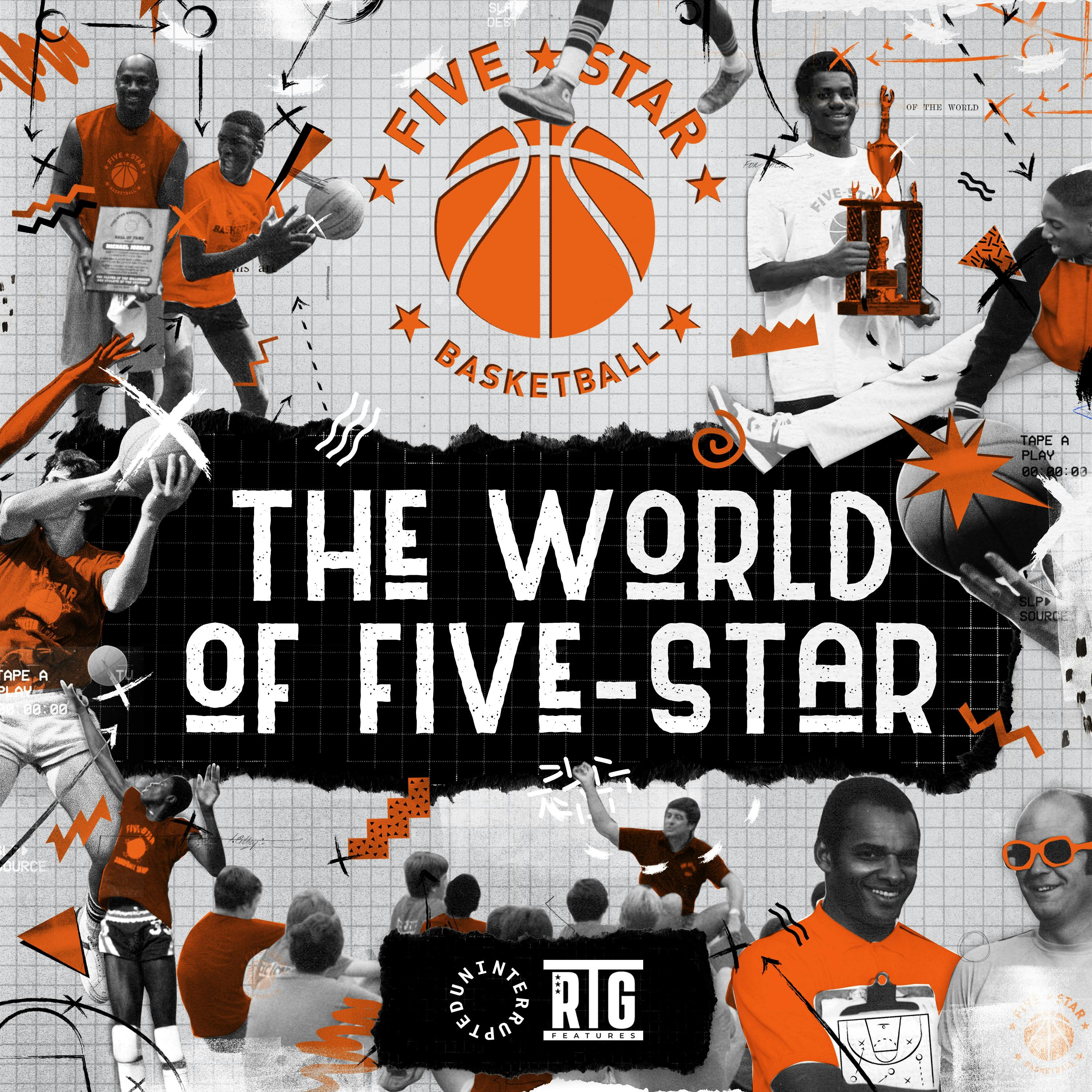
The World of Five-Star
UNINTERRUPTED x RTG Features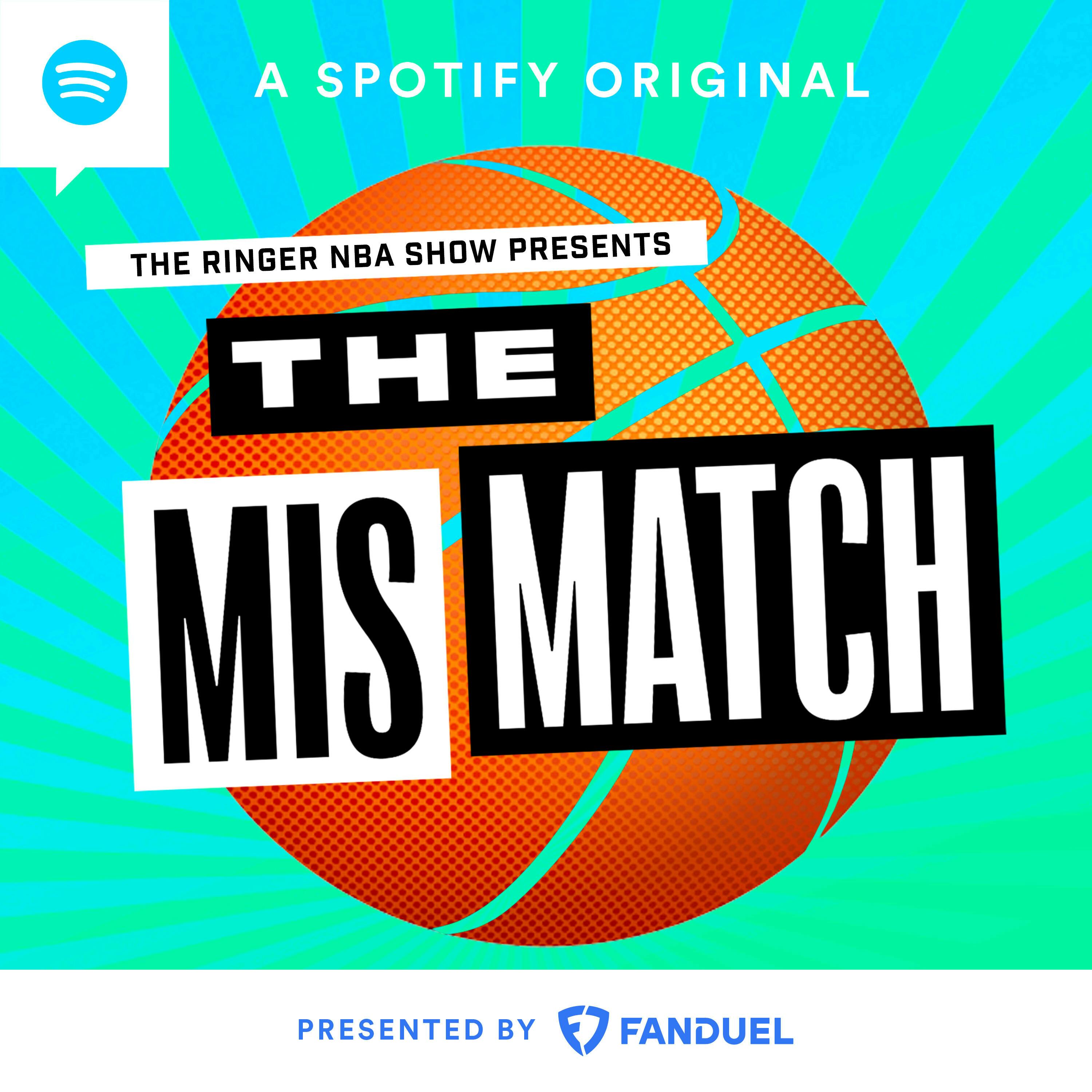
The Mismatch
The Ringer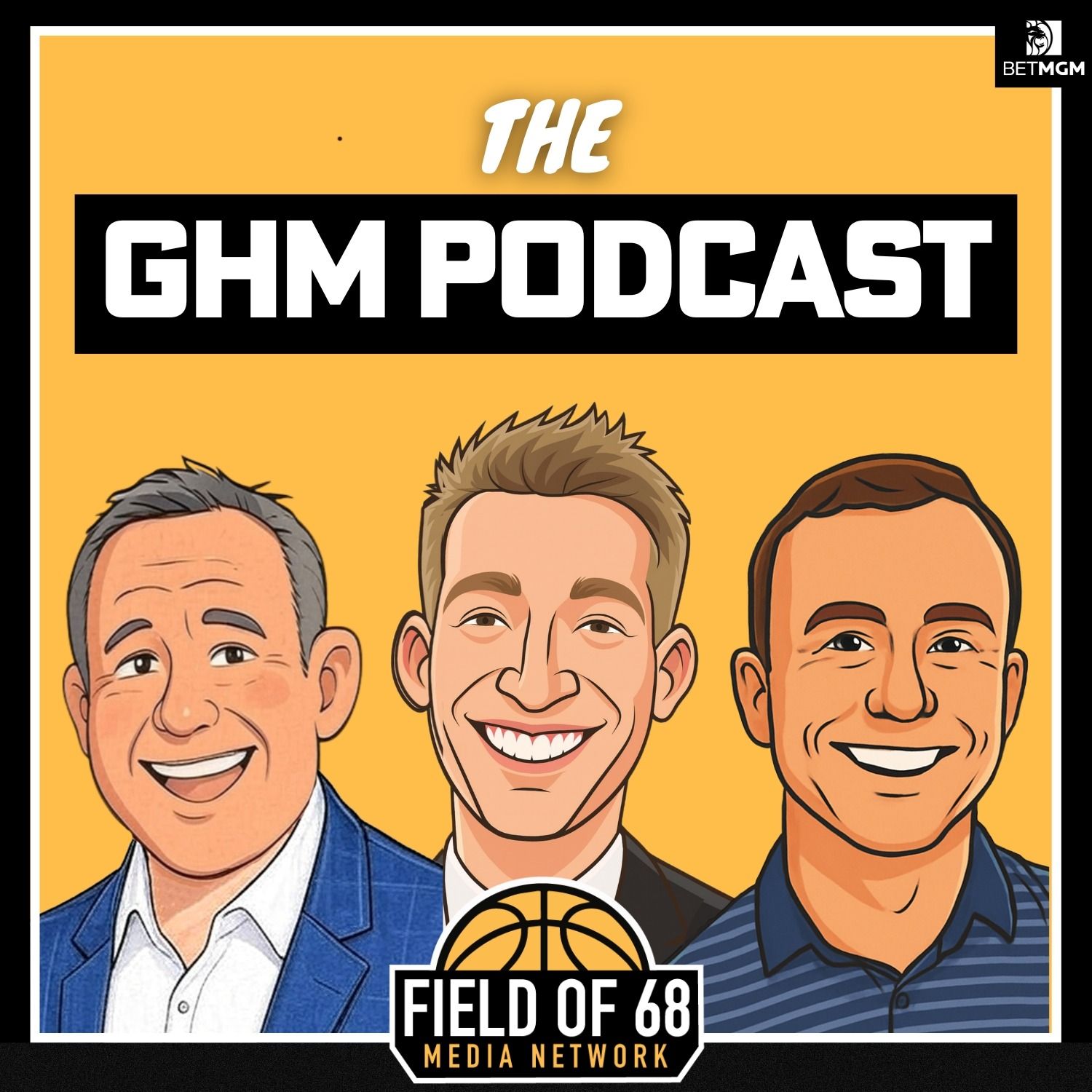
The Goodman, Hummel & McCall Podcast
The Field of 68, Blue Wire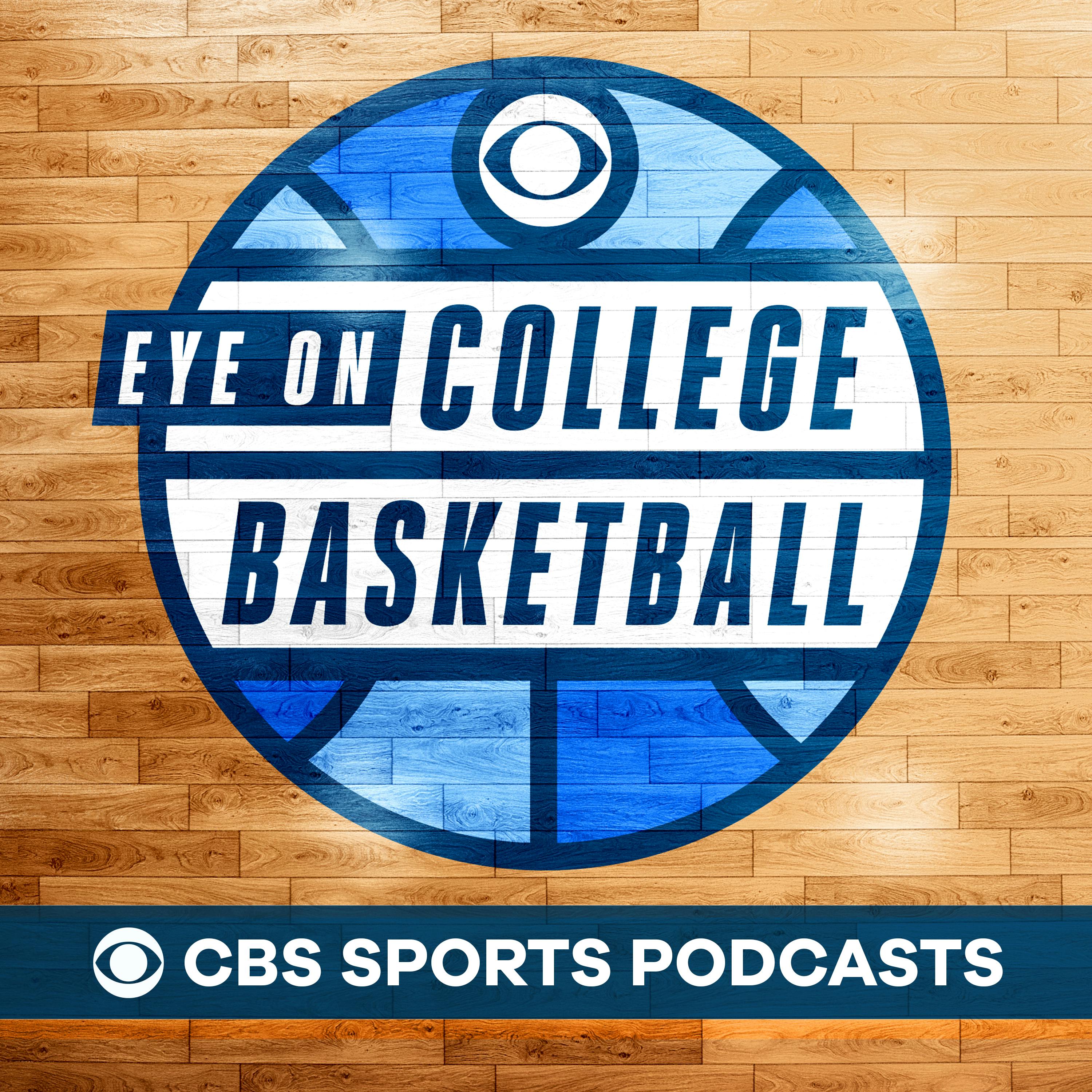
Eye On College Basketball
CBS Sports, College Basketball, Basketball, March Madness, NCAA Tournament, NBA Draft
Cookies: A Basketball Podcast
COOKIES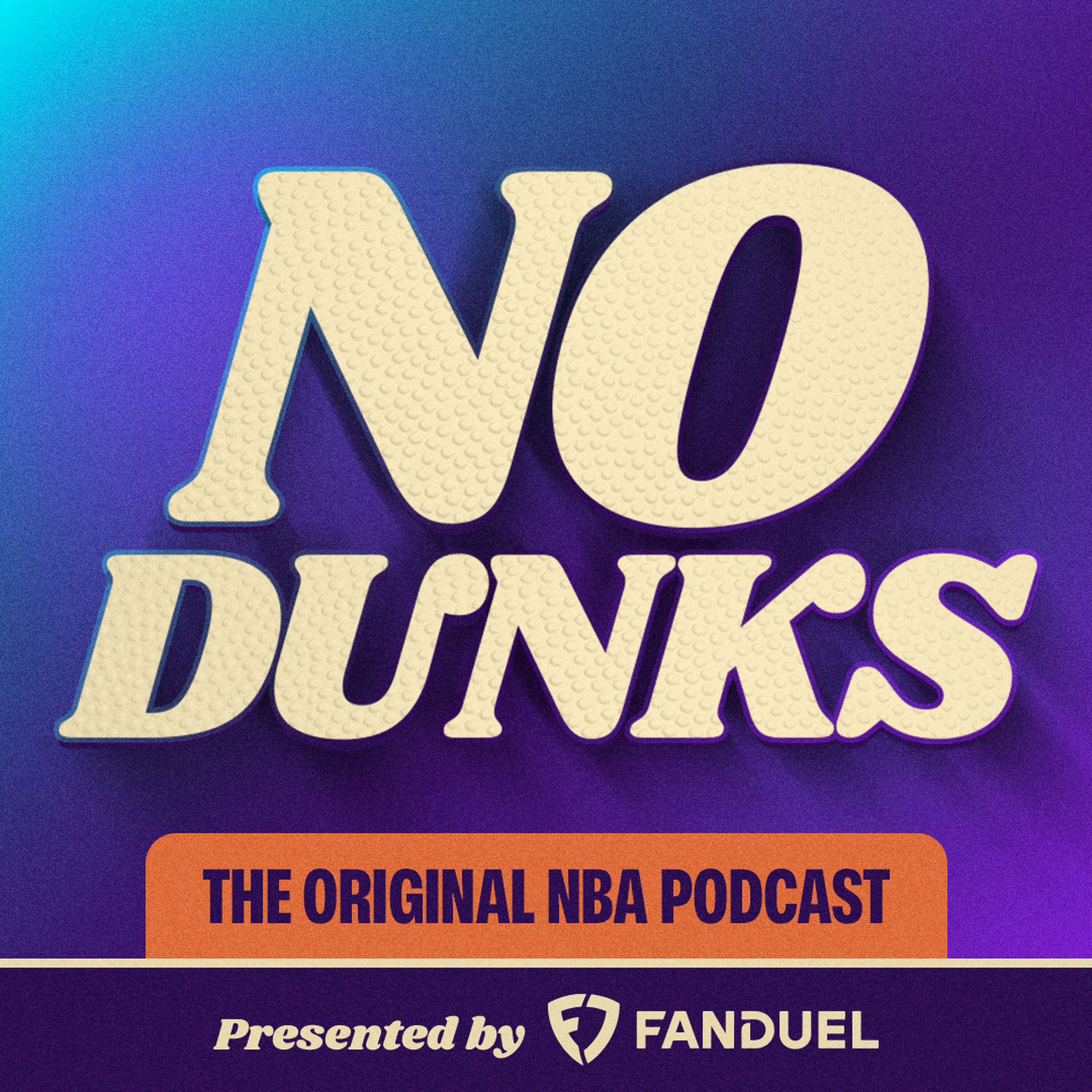
No Dunks
iHeartPodcasts
Run It Back
Truth + Media
Death at the Wing
Hyperobject Industries / Sony Music Entertainment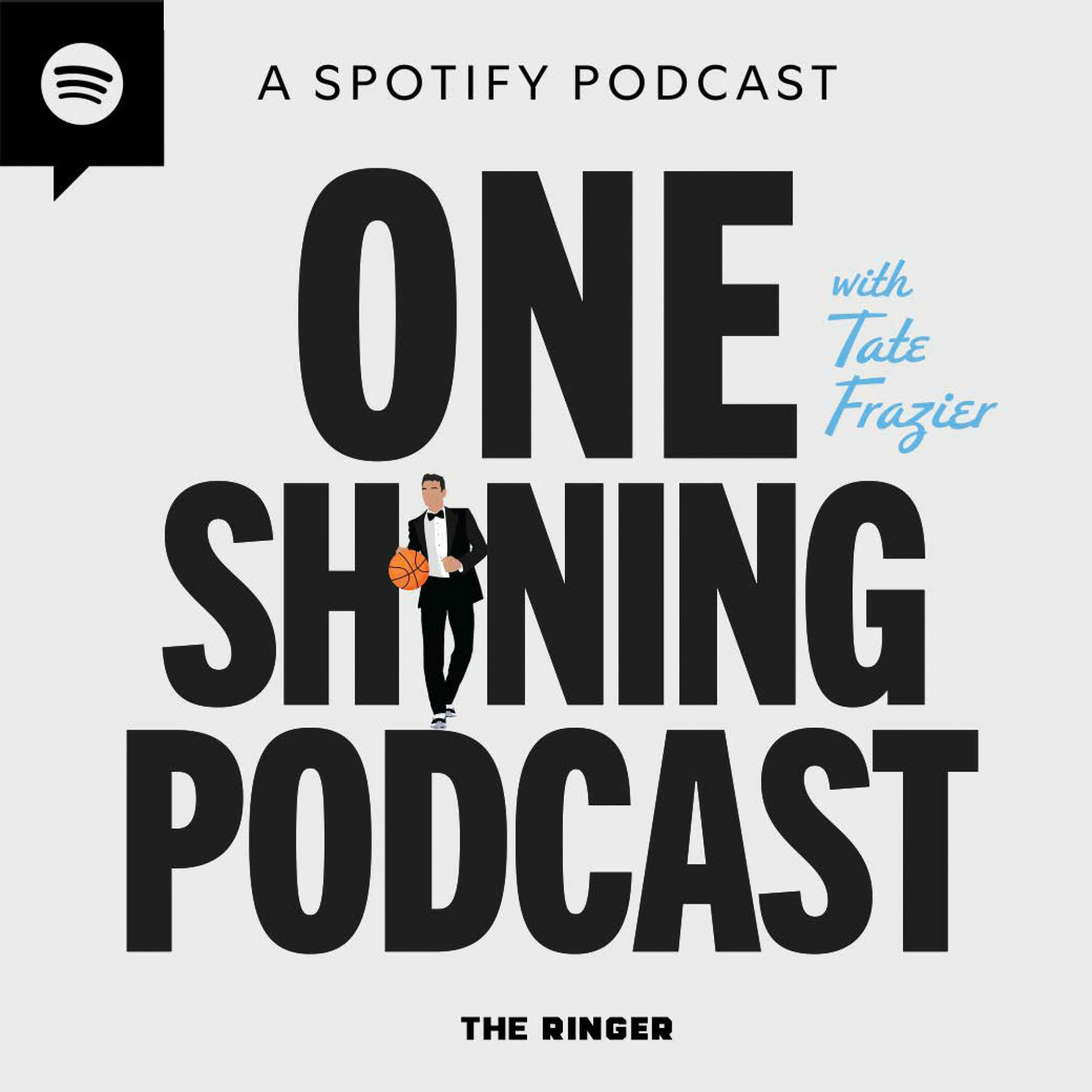
One Shining Podcast with Tate Frazier
The Ringer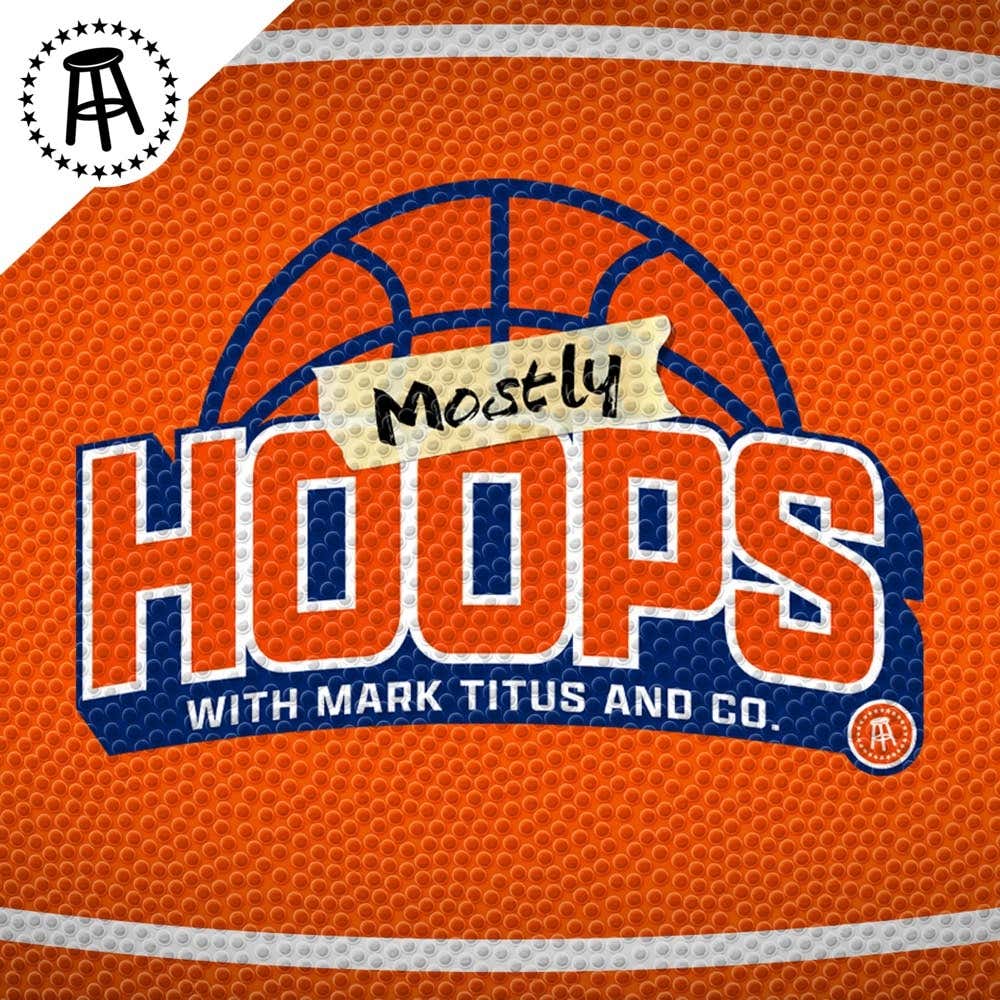
Mostly Hoops with Mark Titus and Co.
Barstool Sports
The Old Man and the Three
ThreeFourTwo Productions | Wondery
Three Man Weave: College Basketball Podcast
Three Man Weave: College Basketball Podcast